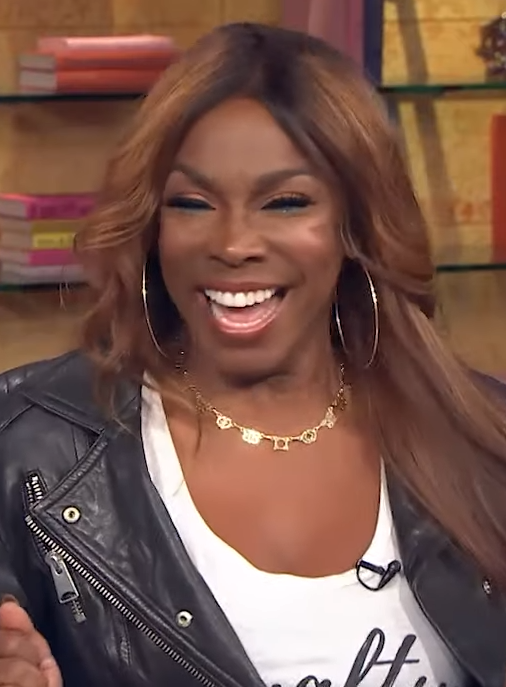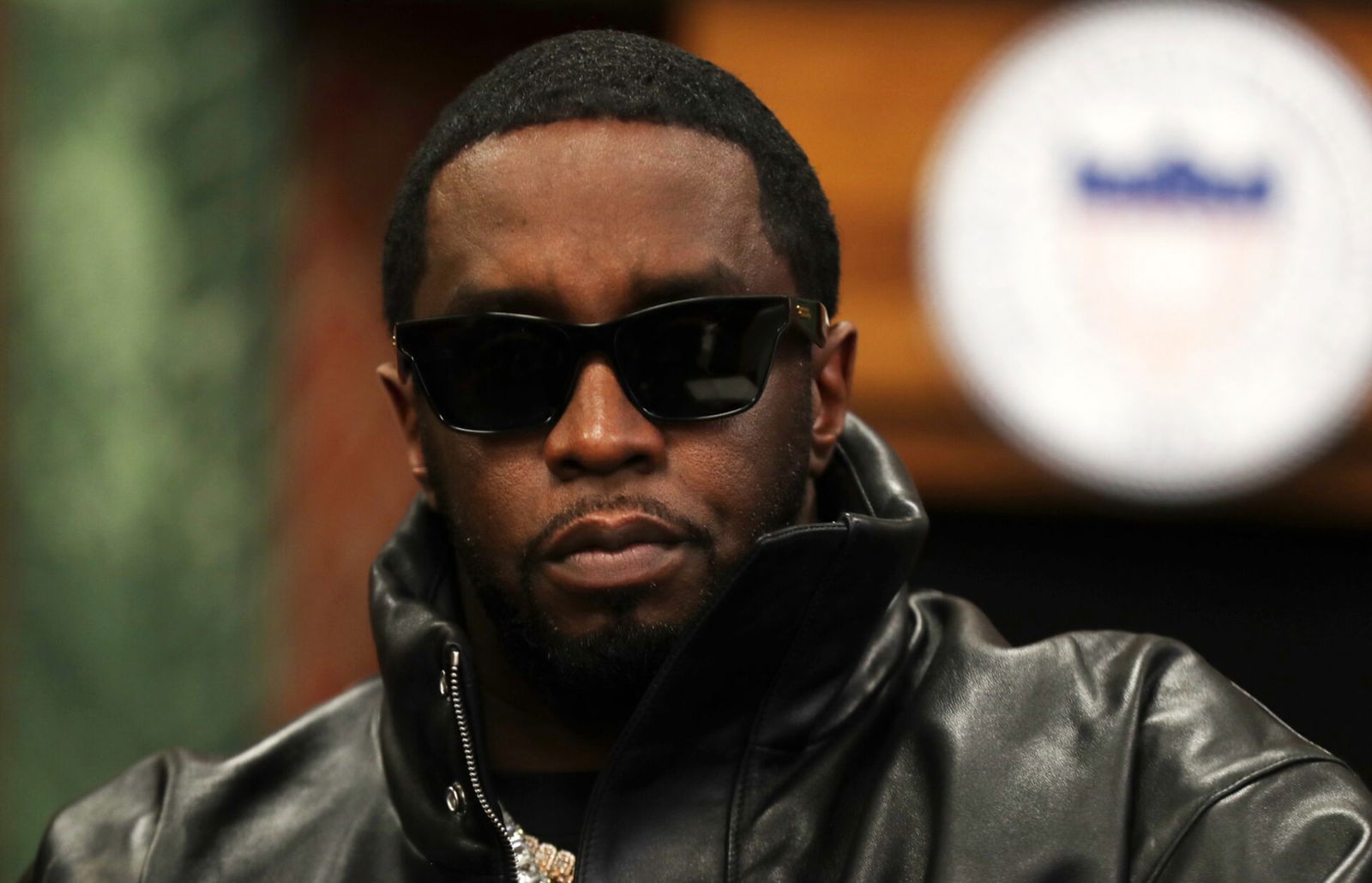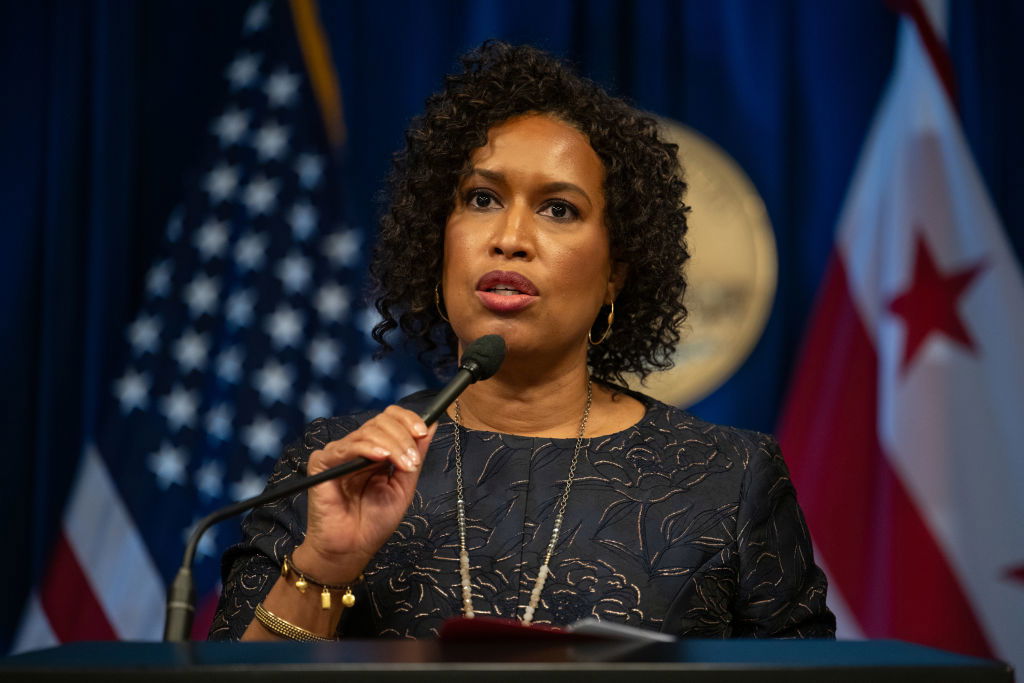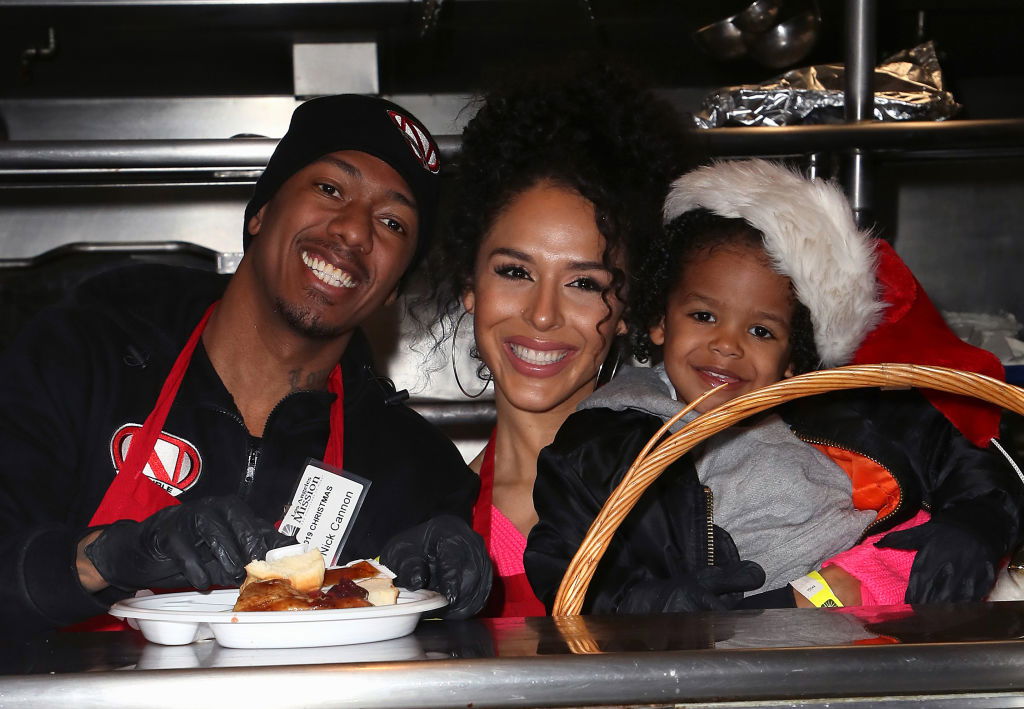
March 21, 2025
AJ Johnson Reveals Why Some Folks Haze Others During Initiation Process
AJ Johnson revealed during her induction into a Divine Nine sorority involved hazing.
Actress AJ Johnson said she experienced hazing while pledging Delta Sigma Theta Sorority, Inc. The Spelman College alumna discussed her experience during an interview with the nationally syndicated radio show The Breakfast Club.
The Baby Boy actress criticized hazing culture at historically Black fraternities and sororities, often referred to as the Divine Nine.
During the conversation, co-host DJ Envy raised the topic of hazing.
“I’m so glad you brought this up,” Johnson said.
Johnson emphasized that hazing is not endorsed by Delta Sigma Theta or any Divine Nine organization but noted that such actions often stem from individuals who were hazed.
“It’s a personal thing,” she explained. She goes on to suggest the act is often performed by former victims who may have a “vendetta.”
The actress also called the tradition of outdated, physically and mentally taxing initiation rituals outdated and no longer appropriate. Reflecting on her time as “Dean of Pledges” in the early 1990s, Johnson said she fostered discipline and bonding without inflicting harm.
“I had them exercising. You don’t know your founders? OK, run a mile,” Johnson said. “There are different forms of teaching and being authoritative. It doesn’t have to be physical abuse.”
Fatal Hazing
The renewed focus on hazing comes after Caleb Wilson, a 20-year-old pledge of Omega Psi Phi Fraternity, Inc., died following a hazing ritual on Feb. 27.
The tragedy is raising serious questions about the secretive initiation processes at some Black Greek-letter organizations.
Witnesses said Wilson and other pledges were lined up and punched while wearing boxing gloves as they stood in formation. After each hit, pledges were instructed to run to the end of the line. Wilson reportedly collapsed shortly after enduring the assault and began seizing.
Reports revealed that members of Omega Psi Phi covered up the circumstances of Wilson’s death. According to investigators, fraternity members failed to call 911 immediately but changed Wilson’s clothes and drove him to Baton Rouge Medical Center. They also falsely claimed that Wilson collapsed while playing basketball at a park miles away from where the hazing took place.
Caleb McCray, Kyle Thurman, and Isaiah Smith have been charged with manslaughter and hazing in connection with the crime.
RELATED CONTENT: Southern University Places Fraternity Leader On Leave As Investigation Into Death Of Caleb Wilson Unfolds








